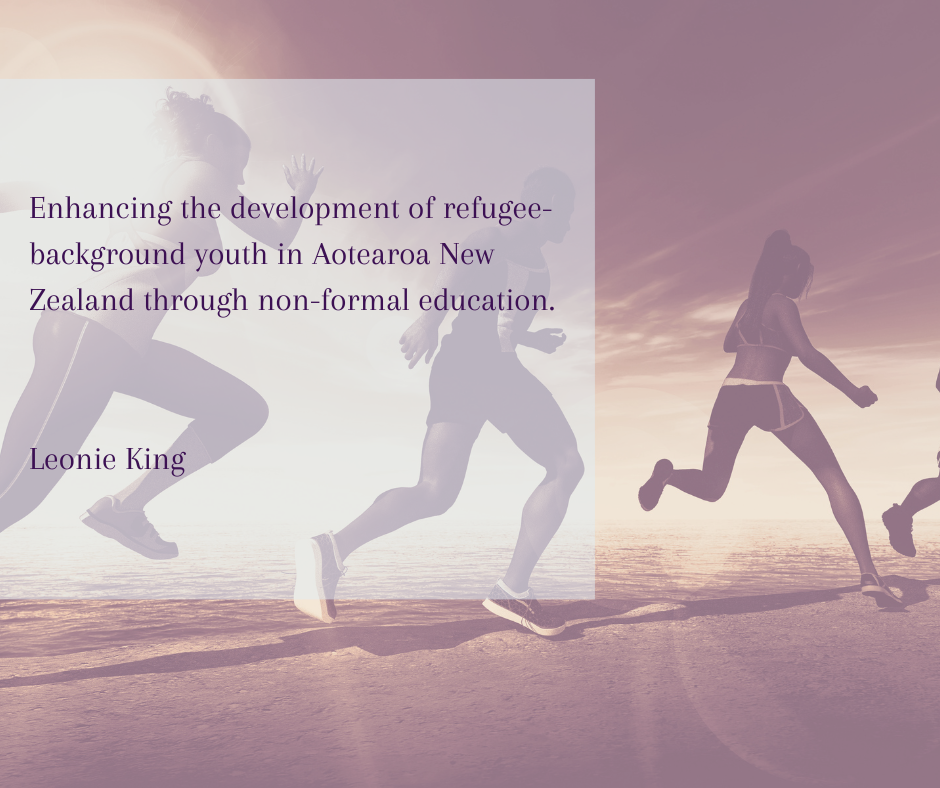Blog
The News and musings from the yards, barrel halls and tasting panels, and from on the road traveled between.
Designing for health equity: A mixed method study exploring community experiences and perceptions of pharmacists’ role in minor ailment care
Minor ailments are self-limiting, easily diagnosable and treatable conditions. Funded pharmacist minor ailments services (PMAS) have been posited to improve medicines access equity and, despite ethnic minorities across the globe…continue reading
Colonization’s Impact on Fiji, New Zealand, India and Cultural Intersectionalities
Colonization’s Impact on Fiji, New Zealand, India and Cultural Intersectionalities Colonization had a profound effect on the Maori, Indian, Fiji Indian and Native Fijian population, intersecting with the Auckland Sugar…continue reading
Enhancing the development of refugee-background youth in Aotearoa New Zealand through non-formal education

Globally, non-formal education (NFE) plays an important role in youth development. However, while universal approaches to youth development are well researched, there is little research on what influences positive youth…continue reading
Unveiling the Sociological Ninety-ten rules for Social Sciences research: Towards better hypothesis formulation in the Social Sciences in the interests of higher quality research and intellectual multi-polarity
The Sociological Ninety ten rules that are proposed in this paper, are based on the fundamental premise that various branches of social sciences like sociology, anthropology and economics are human-centric…continue reading
A Critical Tiriti Analysis of the recruitment and performance review processes of public sector chief executives in Aotearoa
This paper examines the recruitment and performance review processes of public sector chief executives from 2000 to 2020 to ascertain Te Tiriti compliance. Methods: Recruitment and performance review templates were…continue reading
System Transformation in the disability sector in New Zealand – Repeat Study MidCentral: 2018-2021
In October 2018 the Ministry of Health launched system transformation in MidCentral region (Palmerston North, Levin, Otaki, Foxton, Feilding and the local environments). This new system was to be based…continue reading
Kaupapakāinga: The potential for Māori cohousing
This report explores the potential for Māori to co-opt aspects of the cohousing model. A hybrid approach, combining elements of cohousing and papakāinga (as co-papakāinga, or ‘kaupapakāinga’ (kaupapa-based kāinga)) could…continue reading

